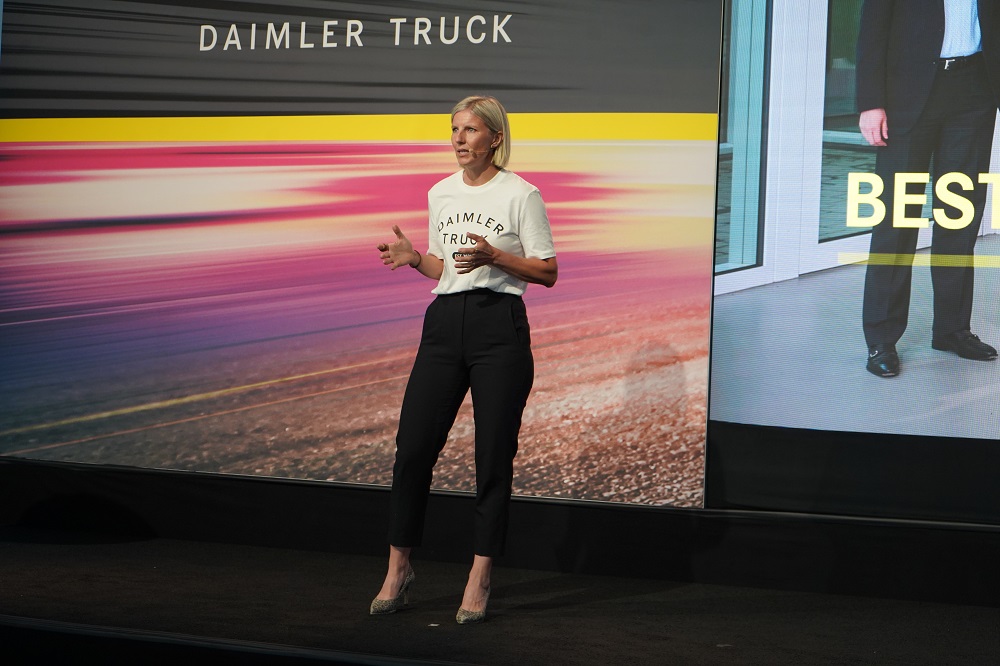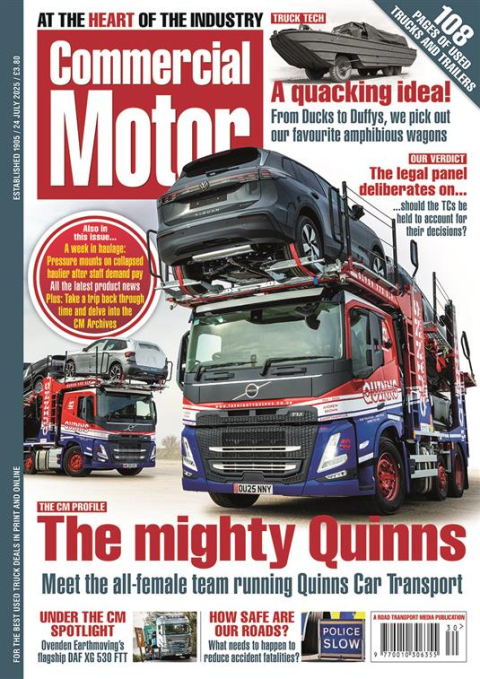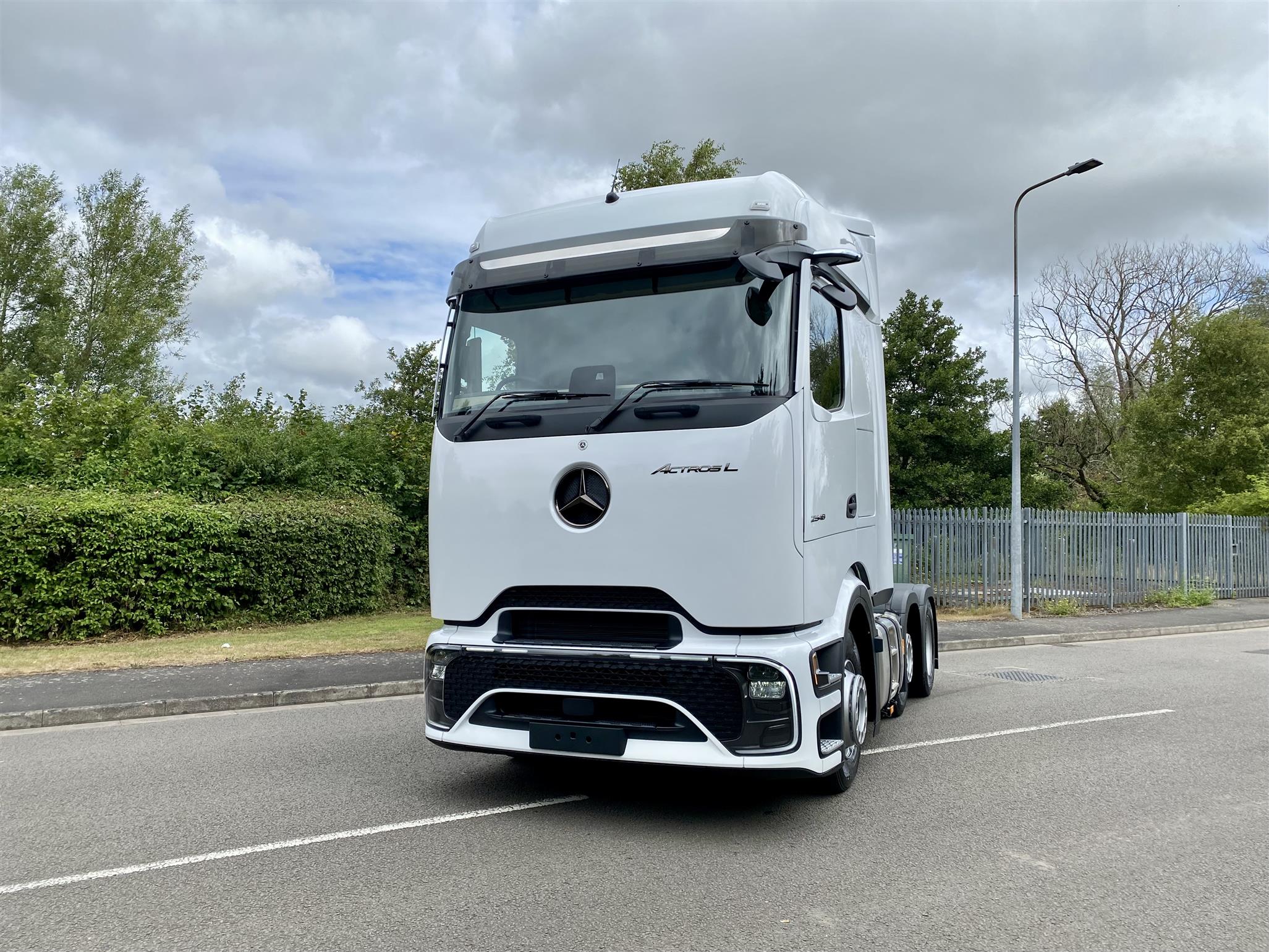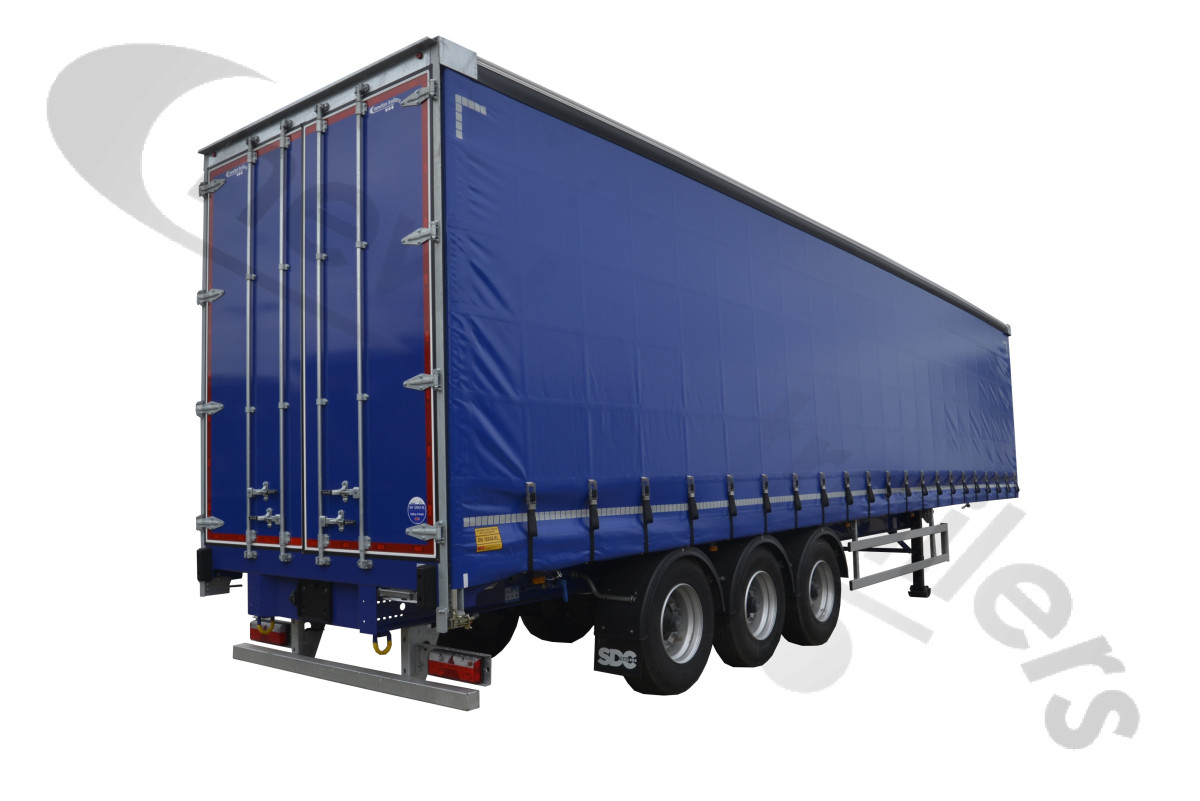
Daimler Truck has unveiled a sweeping new strategic roadmap aimed at boosting profitability and long-term resilience, writes Florian Engel. The “Stronger 2030” initiative, announced at its Capital Market Day in North Carolina, centres on five pillars: modular growth, services expansion, disciplined investment, efficiency gains, and a performance-driven culture.
Amid geopolitical and energy uncertainty, the manufacturer is stepping up investment in diesel engine development while slowing e-mobility spending. Internal sources suggest in-house battery production plans have been shelved until the next decade.
CEO Karin Rådström (pictured) stressed that “profitability is now the central metric,” while CFO Eva Scherer set a target of achieving a 12%+ industrial margin across all business units by 2030. A key element is the €1bn “Cost Down Europe” programme, aimed at Mercedes-Benz Trucks and including site optimisation and staff reductions in Germany.
North America and India are singled out as growth regions, with a strong vocational market in the US and export ambitions for BharatBenz. In Japan, Fuso’s merger with Hino will create a stronger player better able to compete with Chinese OEMs.
Daimler Truck reaffirmed its commitment to a technology-neutral approach, doubling down on hydrogen in Europe while slowing zero-emission truck development in North America due to weak demand and infrastructure gaps.
A €2bn share buyback and a 40–60% dividend pay-out ratio signal continued capital discipline.







_29-07-2025-01-50-11-809.png)
.webp)




